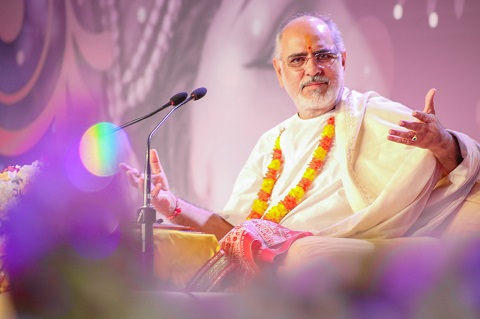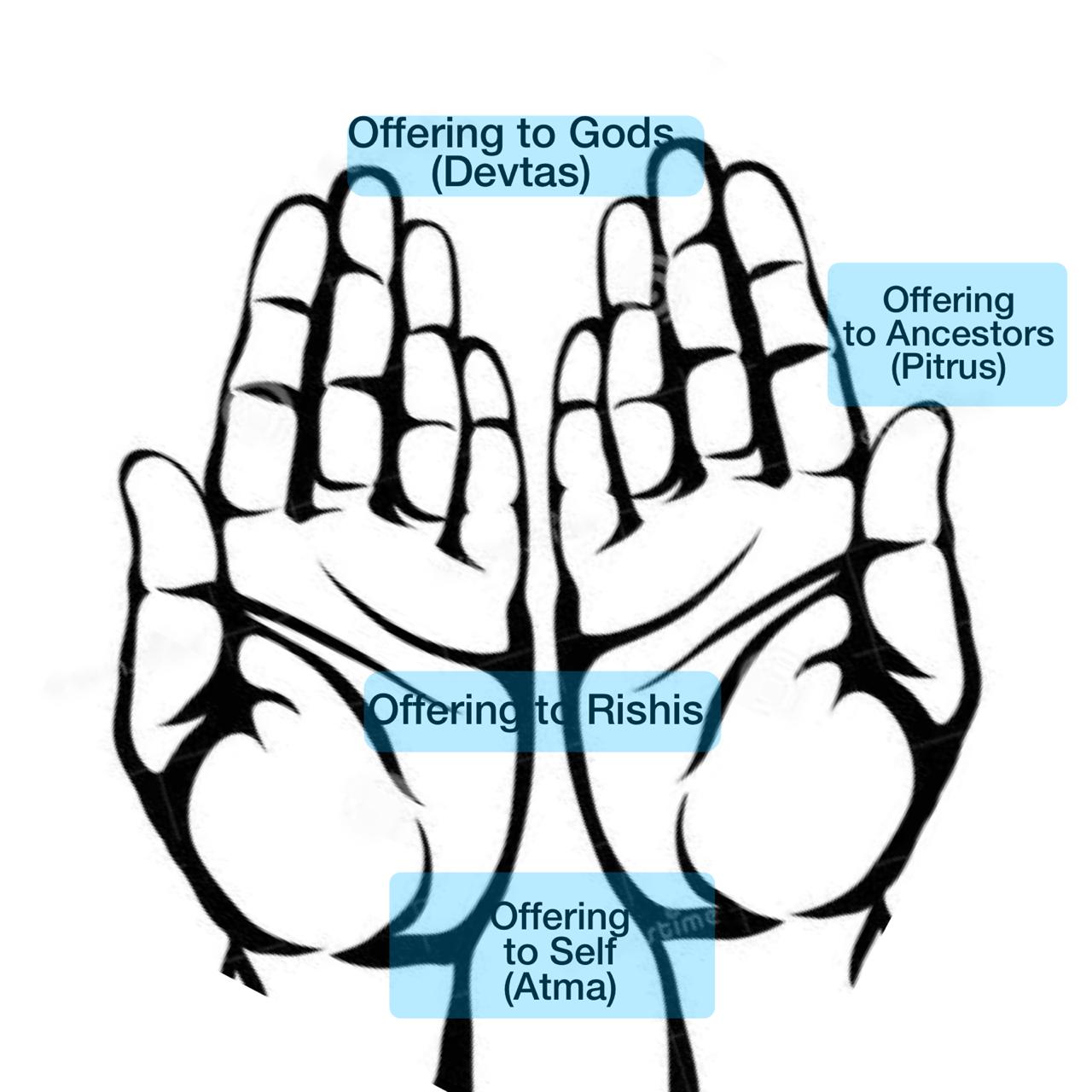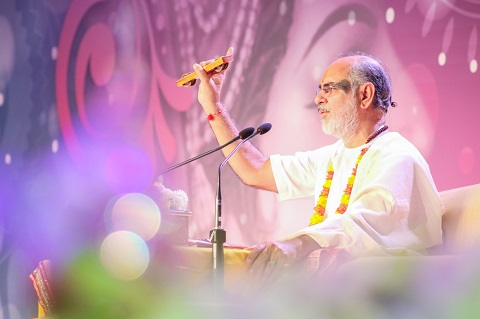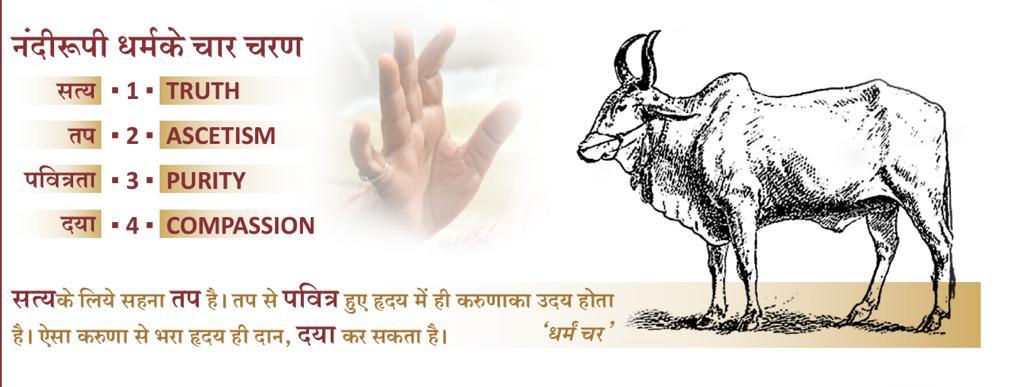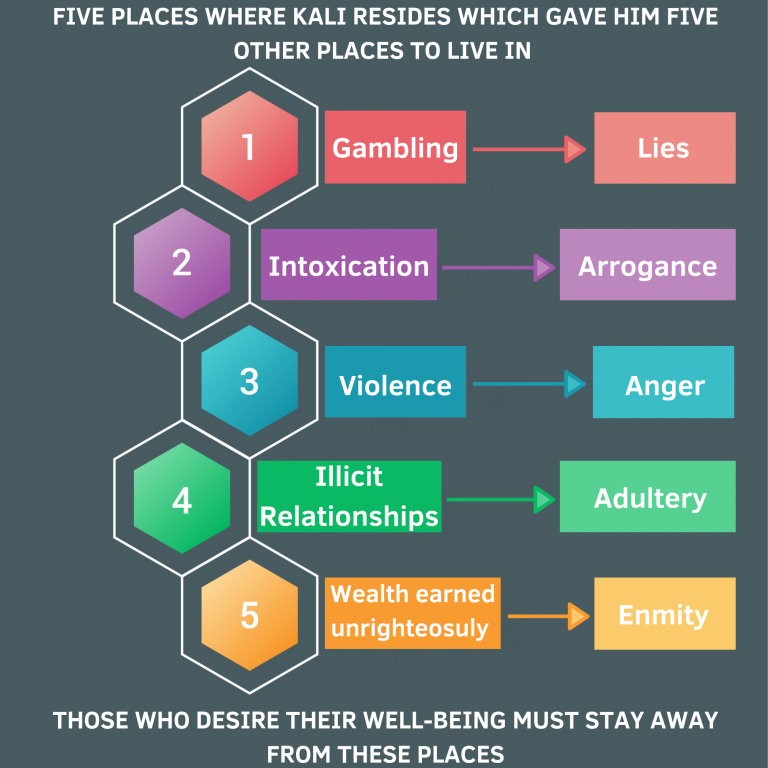Radha is devotion, Krishna is knowledge. Krish in the word Krishna means Truth. Aṇa in the word Krishna means bliss. Bliss is the absence of the dualities of happiness and sorrow. This is true happiness. Hence we call God the Supreme Truth.
The world exists because we exist. We are not here because of this physical gross body. It is explained is Gitaji, the soul changes body like a person changes clothes. There are six things a body undergoes that the soul does not: birth, it lives with a life span, it grows, changes in the body, deterioration and death.
We fear death because we think we are the body. Once we understand this, fear will not go away completely. Self-realisation is required and for this refuge in a Sadguru and regular satsang is required.
